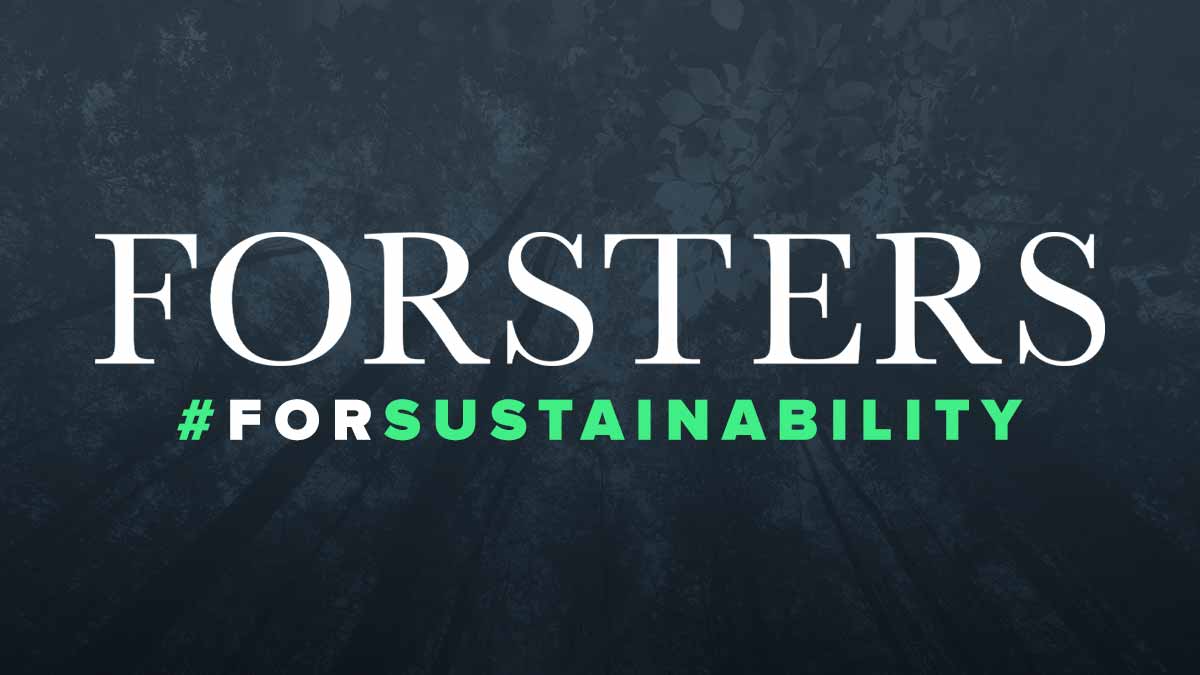Green revolution – the growing business opportunity for rural landowners
Historically, farming agricultural land has provided steady yields and inheritance tax relief, whilst supermarkets and developers bestowed occasional windfalls on those with fields in the right place. Beyond that, opportunities have been limited as robust land prices left many rural landowners asset rich but cash poor.
That started to change about a decade ago with new demand for land to support renewable energy, opening up exciting and lucrative new revenue streams. The appetite for renewable power is consistent with a wider focus on sustainability seen also in the government's legally binding commitment to net zero emissions by 2050 and the Environmental Land Management Scheme replacing the Common Agricultural Policy. The pandemic has focussed minds on the importance of green space and clean air too.
The future of farming
Government support for traditional intensive agriculture is diminishing, policies that encouraged the cultivation of marginal land are reversed. The high yield agricultural settlement that has dominated since the second World War is being replaced by two quite different interpretations of farming. Those on productive land will likely invest in increasingly innovative technologies to be ever more efficient and precise whereas, those with more marginal land will lean towards a more extensive model that prioritises ecological benefits over conventional outputs.
The value in trees
Now is, therefore, an uncertain but exciting time to be a landowner. The end of the single farm payment presents an immediate financial deficit but there are opportunities in the medium term. Woodland - long considered farmland's poor relation – is stepping out of the shadows as investors recognise its commercial potential as a store of carbon, effective flood defence and likely subsidy recipient. According to Savills, average forestry values jumped 17% in 2019. Meanwhile the government has committed to planting 30,000 hectares of new trees per year. Landowners and investors are increasingly signing up to the UK Woodland Carbon Code, an independent standard to quantify woodland carbon capture.
New revenue streams
Meanwhile, solar panels and wind turbines are by far the most lucrative crop with returns two or three times greater than even prime traditional agriculture can offer. Those with hydro-electric schemes can listen to the £s gently flowing into their bank account. Changes in climate present challenges in the form of extreme weather but also new possibilities – witness the thriving Southern English wine industry. The much debated 'rewilding' movement is at one end of the spectrum of sustainable farming, but more generally farms are managing land differently to a decade ago. It is hoped that these changes in land management will result in new revenue streams like tourism, offsetting and new subsidies.
Cause for optimism
Landowners appear to have more avenues open to them for generating revenues. For the first time in a long time there is a sense of optimism among rural landowners, a cautious feeling that their contribution to the national environment and wellbeing is finally being acknowledged. That said, even the most benign climate requires the right choices and the right advice. The key question, inevitably, is how to monetise all this, and how to keep your finger on the regulatory and commercial pulse and align land with the legal and tax frameworks.
Informed choices
There will of course be costs, like increased demand for public access. Or more restrictions and state intervention on what you can and cannot do on your land. Traditionally on a given field you could grow wheat one year, barley the following and graze cattle the next. But trees take decades to grow, a typical solar farm lease might run for thirty, forty, fifty years. Consequently, landowners increasingly need to commit land in the medium to long term, making informed choices even more important.
How we can help
Forsters has one of the largest and most experienced rural land practices in the country. We are experts on all aspects of rural land – tax and trusts, landlord and tenant, buying and selling, development and renewables, finance and registration – and are ready to help you at this pivotal moment.
George Mitchell is a Senior Associate and Henry Vane is an Associate in the Private Client team.
The Life Cycle of Family Wealth
From growing a business to starting a family or handing over control of that business to the next generation, every individual has their own goals to aspire to. Our Private Wealth lawyers advise our clients throughout this family life cycle, providing the legal advice required for specific transactions such as purchasing a home or selling a business, whilst also advising on the long-term opportunities for succession and estate planning.
Our Sustainability Hub
Our sustainability hub brings together insights and legal expertise on a broad range of environmental matters that affect our clients' business and personal affairs.


